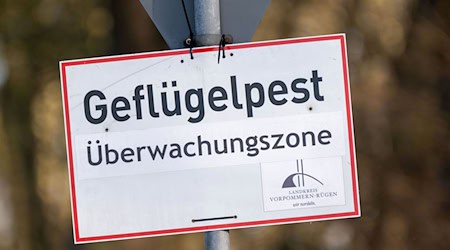It's election time in Saxony once again, and the political landscape is like a game of chess in which every move is decisive. While Minister President Michael Kretschmer praises the CDU as a bulwark against populists, Campact e.V. is taking a different, almost subversive approach: strategic voting to block the power of the AfD.
The fear of the AfD's veto power is not unfounded. If the party were to win more than a third of the seats in the state parliament, it could significantly hinder democratic processes. Felix Kolb from Campact e.V. paints a bleak picture on LinkedIn: an AfD with a blocking minority would not only paralyze democracy, but shake it to its very foundations.
So, what to do? Campact e.V. has forged a plan that is almost reminiscent of the tactics of a battlefield strategist. In the constituencies of Leipzig Mitte-Ost, Süd, West and Dresden Neustadt, voters are to give their first vote specifically to the candidates of the Left and the Greens. The hope: two direct mandates for each party to secure their entry into the state parliament and keep the AfD down.
Leipzig
👉🏼 Constituency 25, Central-East: Nam Duy Nguyen, Die Linke
👉🏼 Constituency 28, South: Juliane Nagel, Die Linke
👉🏼 Constituency 30, West: Claudia Maicher, Bündnis 90/Die Grünen
Dresden
👉🏼 Constituency 41, Neustadt: Thomas Löser, Bündnis 90/Die Grünen
But what if the plan doesn't work out? A single misstep - a constituency tips unexpectedly - and the AfD could be the laughing stock. A political checkmate that should be prevented, but can it succeed?
Campact e.V. sees the support of the Left and Green candidates not as a mere political preference, but as an act of democratic survival. Social media campaigns, direct mail and emails to supporters are the weapons they are using in the election campaign.
But is this really the way we should be going? Is strategic voting the answer to the rise of populist forces, or does it lead to a democratic dilemma?
Would you rather vote strategically or not?
The decision lies with the voters. Every ballot counts, and everyone must decide for themselves whether to accept the pawn sacrifices in this game of power in order to protect the king. The future of Saxon democracy depends on which strategy the population chooses - literally.










